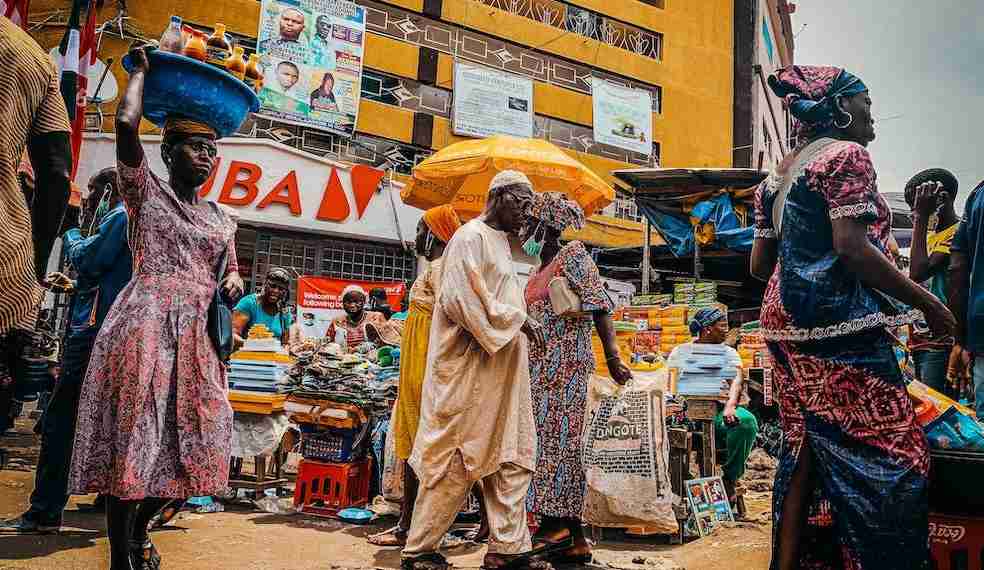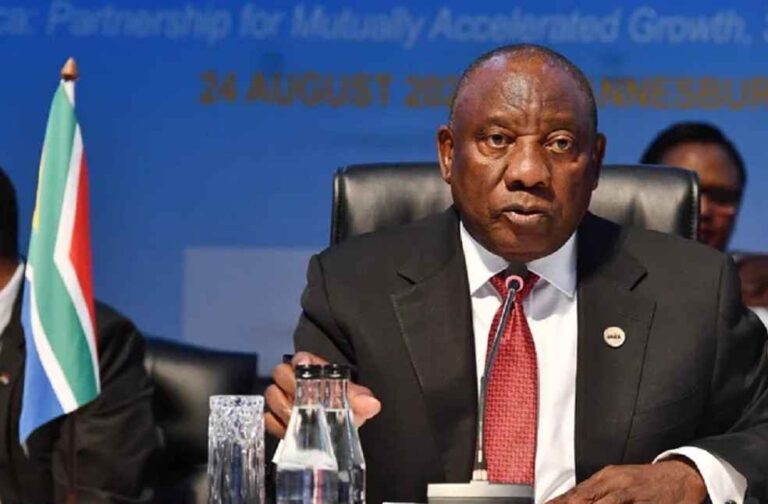President Cyril Ramaphosa has acknowledged that South Africa remains vulnerable to trade tariffs but stressed that the country is actively working to strengthen its import and export resilience by expanding trade partnerships and improving local industry regulations.
South Africa, like many other countries, has been affected by a turbulent trade war initiated by U.S. President Donald Trump. On 5 April, the United States imposed a 10% global tariff on imports, with plans to introduce steeper tariffs—ranging from 11% to 50%—targeting countries with significant trade imbalances. South Africa faced a potential 31% tariff under this policy.
However, just before the additional tariffs were due to take effect on 9 April, President Trump paused their implementation for 90 days. The initial 10% tariff remains in place. While certain major exports such as gold and other minerals are exempt, critical sectors like agriculture and automotive manufacturing—collectively employing over a million South Africans—are expected to face challenges. Concerns have also emerged over the uncertain future of South Africa’s participation in the African Growth and Opportunity Act (AGOA).

Ramaphosa criticised the U.S. move as a “unilateral action” that undermines the rules-based global trade framework. He reiterated South Africa’s support for open and predictable trade governed by multilateral agreements, warning that unpredictability harms developing economies reliant on global value chains.
In response to the ongoing instability, Ramaphosa outlined steps being taken to diversify South Africa’s trade relationships and increase the value of its exports. A key part of this strategy involves regulatory reforms, including the recent signing of the Plant Health Act to ensure compliance with international standards for crop exports.
New market access achievements include the re-entry of South African apples into Thailand after 16 years, the export of avocados to Japan, table grapes to the Philippines, and expanded meat exports to Saudi Arabia. Ramaphosa also emphasised the importance of enhancing trade through existing regional agreements such as the Southern African Customs Union and the Southern African Development Community Free Trade Area.

Crucially, the African Continental Free Trade Area (AfCFTA) is being positioned as a strategic buffer against global trade uncertainty. The AfCFTA offers a large and largely untapped trade landscape, which economists say could help South Africa access billions of rands in trade opportunities.
South Africa has already dispatched the first batch of ‘Made in SA’ goods—including consumer items, copper, cement, pharmaceutical and electrical products, and fresh produce—to several African markets under this agreement.
Additionally, a trade and investment package worth R90 billion was signed during the recent European Union- South Africa Summit in Cape Town, aimed at increasing the export of South African goods to the EU.
Ramaphosa concluded by stating that the 2025 Budget will allocate additional funding to bolster manufacturing, agro-processing, and incentive programs that strengthen local industries and expand access to international markets. He reaffirmed the country’s commitment to promoting fairness and predictability in global trade.
TRADE WORLD | Trump Exempts Smartphones and Computers from Latest Tariffs



